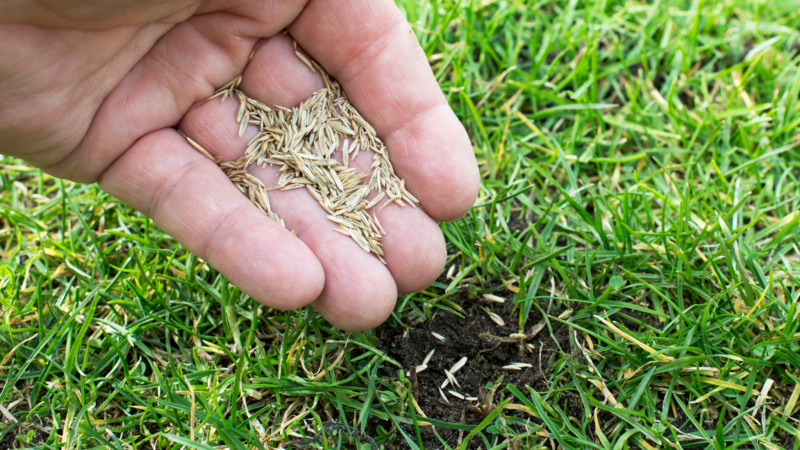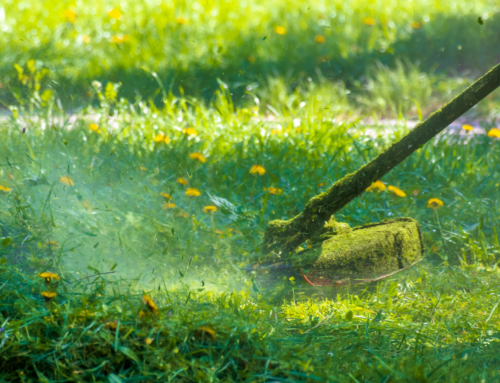If you want to achieve adequate grass growth, prior to reseeding, there are a few things you need to know. It may seem like an easy task, but if you get it wrong, you will have to deal with the consequences for a long time.
In New Jersey, there is a right and wrong time to reseed your lawn. This article will be your guide, so read on to find out more!
Reasons for Planting Grass Seed On Existing Lawn
The combination of heat, the growth of broadleaf weeds, and the influx of pests put a lot of strain on all grass species. By the time early fall comes around, your lawn will not be looking as good as it did before, especially if you happened to meet a few days of watering.
This is why most people decide this is the best time to seed lawn in New Jersey. It is a better solution for those who want to revitalize their cool-season grasses without having to rip up their entire lawn.
Types of Grass Seeds To Consider in New Jersey
Of the two types of grasses that are commonly used on lawns, cool and warm season grass, most professionals agree that the best grass seed for NJ lawns is cool season grass. You can use any of the following various species:
- Perennial ryegrass
- Tall fescue
- Kentucky bluegrass
- Fine fescues
- Hard fescue
Best Time for Reseeding
The most important question you need to be asking yourself is when to seed lawn in NJ. Turfgrass establishment is a precise process that needs to be handled carefully if it is to work out properly.
In that regard, late spring or early fall provide the ideal conditions for the kind of rapid seed germination you are aiming for. The anticipated fall precipitation and moderate daytime temperatures that you will get during these times make this the best time to seed lawn in NJ.
Other times, such as late summer or early spring either do not have the required conditions or are too close to New Jersey’s cold winters to give the seeded areas enough time to grow and strengthen.
How to Plant Grass Seed
If you are about to sow grass seed in New Jersey, follow these simple steps:
- Remove dead grass and expose the soil using a rake for small areas or a machine for larger ones
- Add fertilizer to the areas being reseeded
- Spread the new seed by hand or using a grass seed spreader
- Protect the seed by covering it with organic mulch
- Maintain good moisture levels by watering the grass seeds but take care not to over-saturate it
- Prevent any heavy traffic in the area (many homeowners like to cordon off the area)
Ready To Sow Grass Seeds? Call a New Jersey Lawn Care Professional
When it comes to the question of when to seed lawn, NJ homeowners usually achieve great results when it is done in early fall.
However, each case may differ slightly so it is best to hire a professional to assist you with planting, weed control, providing core aeration, and general maintenance of your new grass.







